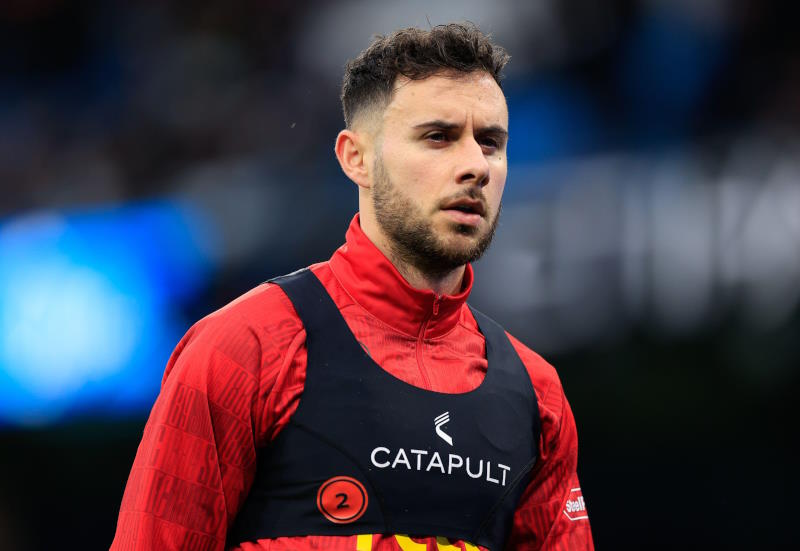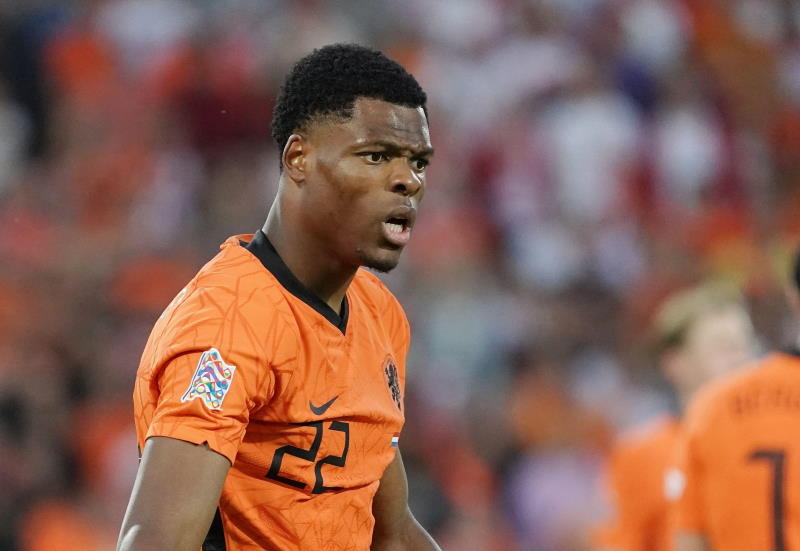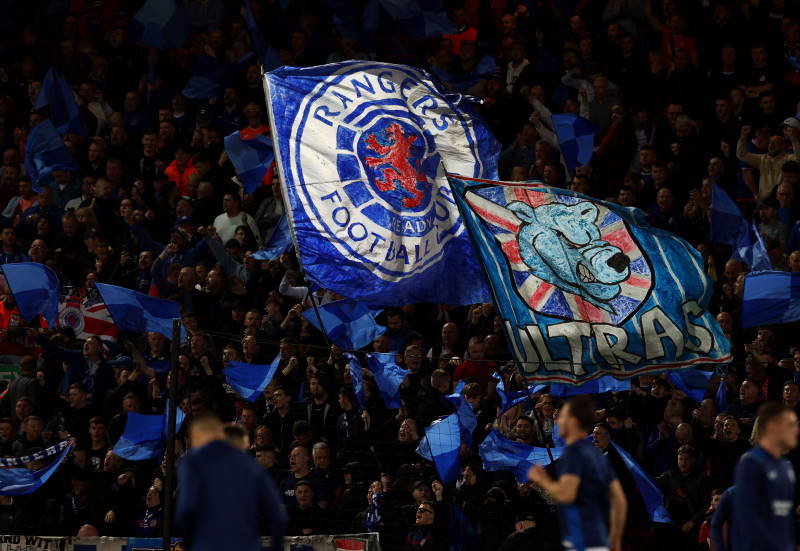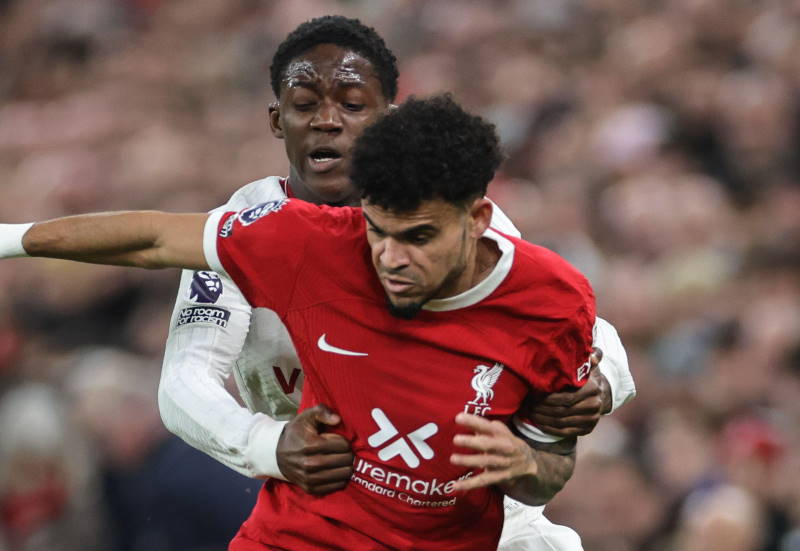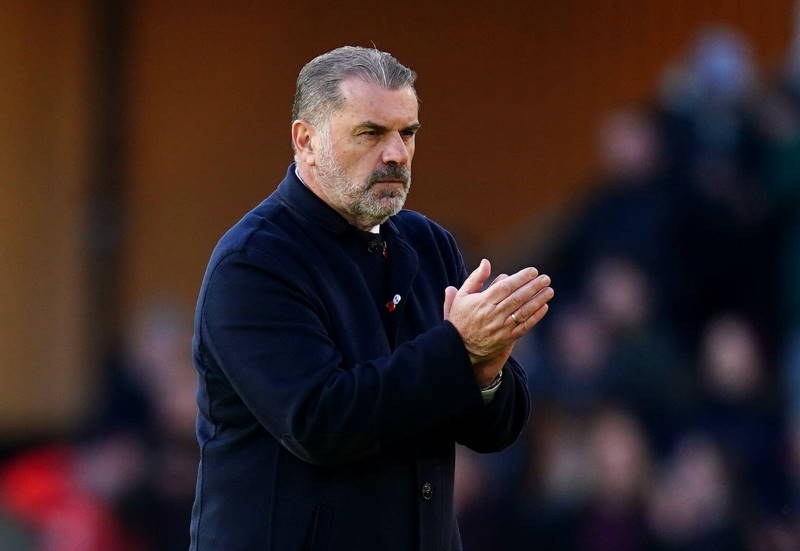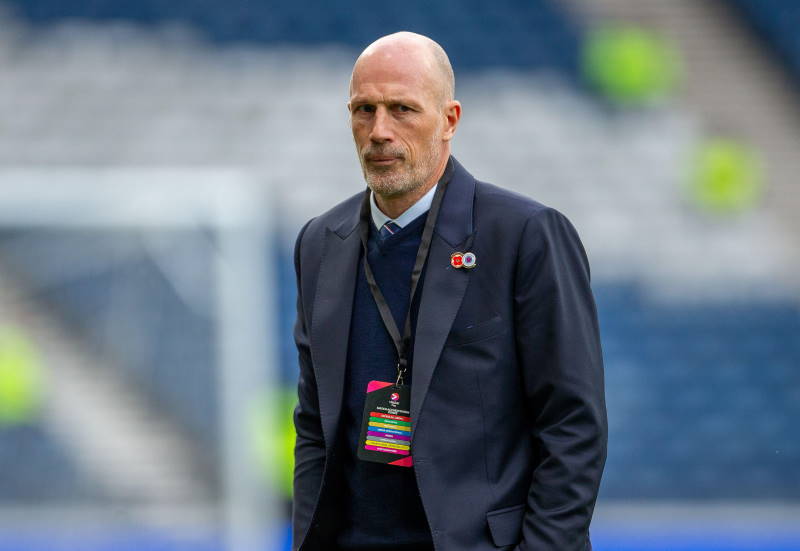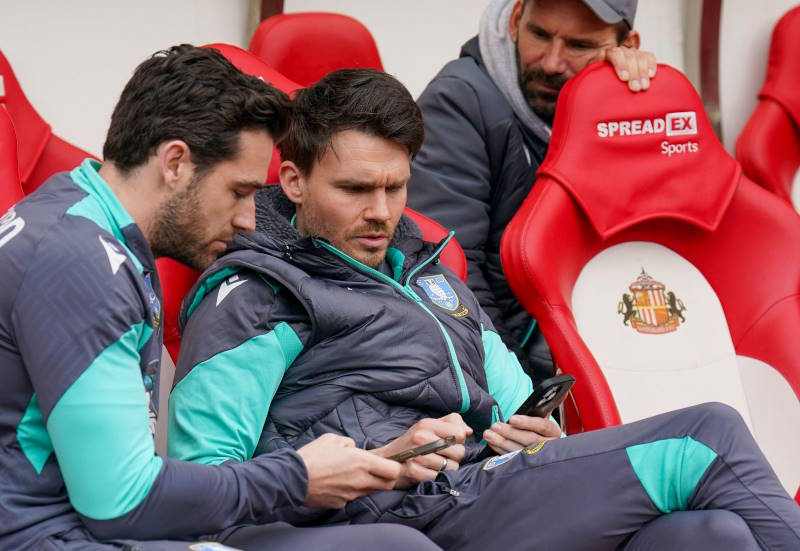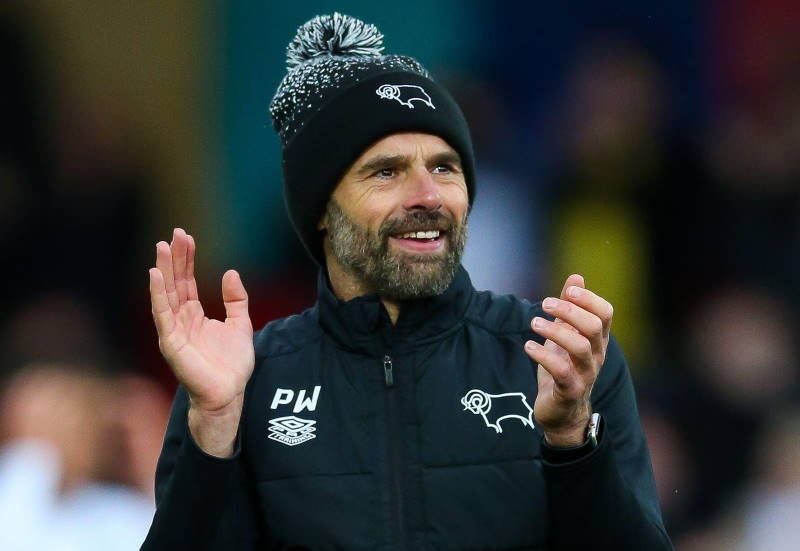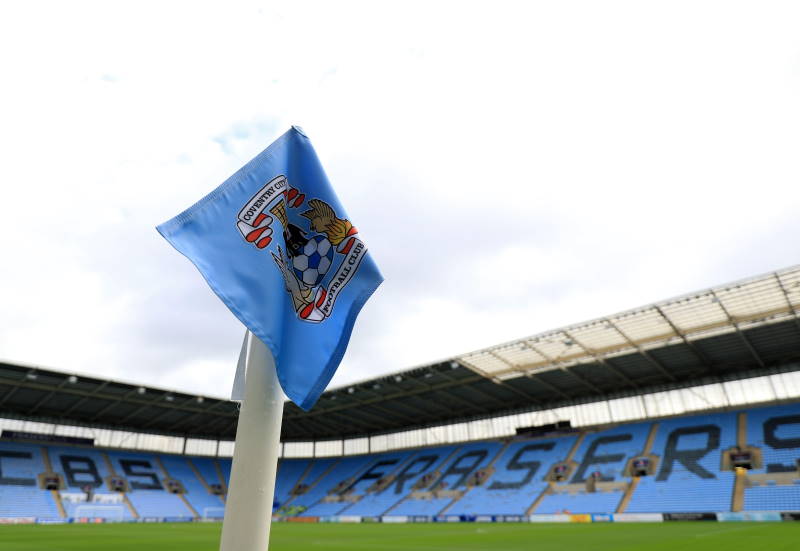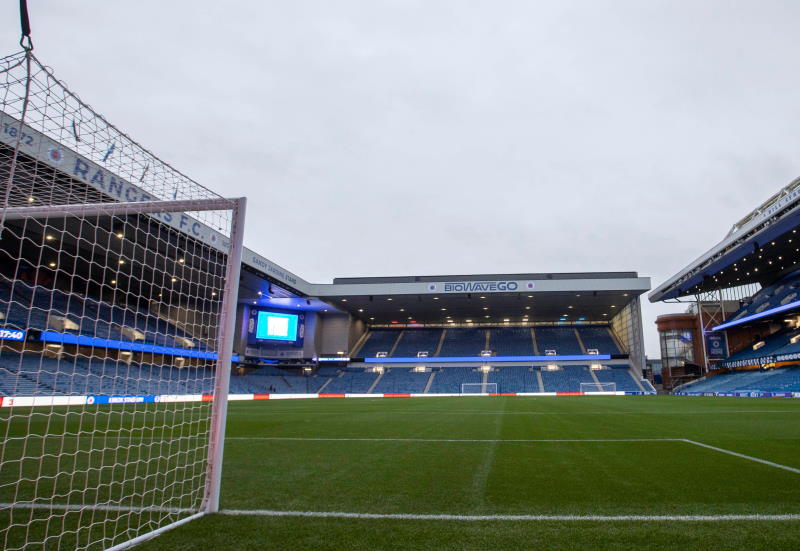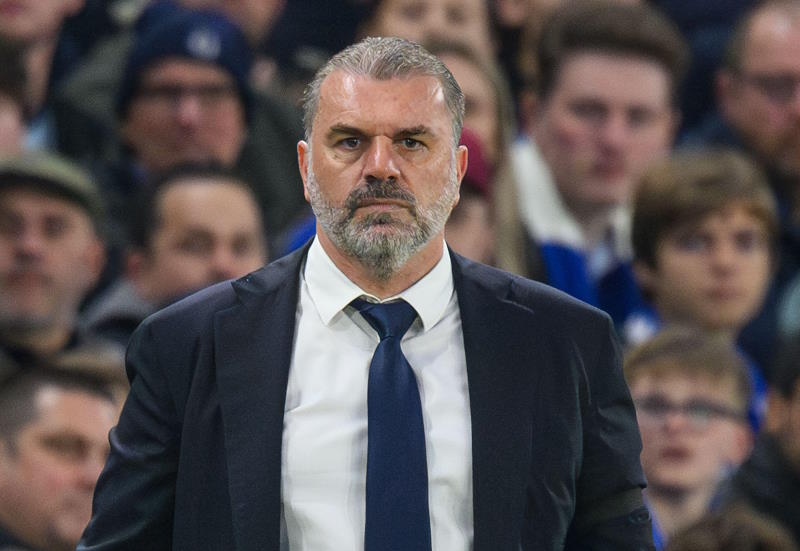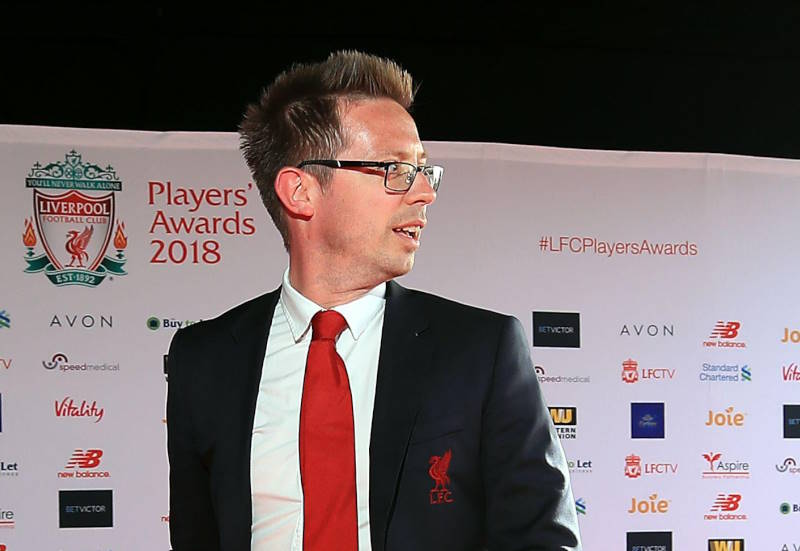![]()
Hassan Chamas
No two individuals can quarrel over the fact that Brazil have been the unsurpassed manufacturers of attacking full-backs since the World Cup began. Nilton Santos, Carlos Alberto, Aldair and Cafu are only a few of a never ending inventory of full-backs that have graced the pitch for the Selecao. But there is only one person who can claim to be the king when it comes to marauding down the wings, and that’s Roberto Carlos. The Brazilian made a name for himself when he transferred from Inter Milan to Real Madrid in 1996, where he ended up playing 11 years for the Whites. Now at 36, and playing in Turkey, the race is on to discover his successor.
To trim the selection down, only two current full-backs can live up to the hype of being dubbed “Roberto Carlos ll”, and that’s Inter’s Maicon Douglas and Barcelona’s Daniel Alves, as Real Madrid’s Marcelo has some screw-adjusting to attend to as he is not a complete player yet, while Carlos’ club teammate and Confederations Cup revelation Andre Santos is still relatively a new name to the European audiences, despite being 26-years-old.
When balancing the two, one could declare that Maicon is the better man: the former Monaco star has 50 international caps under his belt, is national coach Dunga’s main choice for the right full-back slot, and is very successful with his Serie A side and the Selecao. His Achilles’ heel could be getting caught napping on the counter-attack, something that has though rarely happened. All in all, Maicon has been playing quality football for a long time.
Alves, on the other hand, is no Coppa Cabana freestyler himself: The fellow 26-year-old was part of the famous Sevilla squad that amassed two consecutive Europa Leagues – back when it was known as the UEFA Cup – a UEFA Super Cup, a Copa del Rey and a Spanish Super Cup. Breaking the record for the world’s most expensive right-back at €35M – €5M more with incentives – he was fundamental in Barcelona’s famous treble-winning squad last season, and is considered by some to be second only Leo Messi in importance at the Camp Nou.
In the Champions League clash between Inter and Barcelona in mid-September, both players featured for their clubs, and the results were there for all to see. While Maicon found life a bit difficult having had to retreat to assume pure defensive duties in the light of Thierry Henry’s menacing presence, Dani Alves on the other hand simply brought Sulley Muntari close to tears as he declared the right corridor his own.
However, it is not that as simple as that match would suggest. Even though Maicon has Nerazzurri legend Javier Zanetti as his companion on the wings, Alves is handed a superior hand to play, with the world’s best player Lionel Messi for company. While that could be true to some extent, it remains an ambiguous assumption if one had to closely examine it: The Italian champions deploy a 4-4-2 formation – with no pure wingers – and with their new attacking triplet of Wesley Sneijder, Samuel Eto’o and Diego Milito, Jose Mourinho’s team is well balanced to assault the opposing goal with just their attacking players, with their full-backs there to assist play, and here lies the major distinction between the two teams, and the two players.
Maicon contributes in the build-up to an attack. His tenacity towards delivering that killer cross makes him more similar to Sergio Ramos than to his Barcelona compatriot. With him, that further dimension is now possible, which is exactly identical to the way Real Madrid play. With the Whites, Ramos’ push elevates the probability of a more opened space. Even though Marcelo is as much estranged with proper defending duty as Arsenal’s Eduardo is with the art of diving, the Brazilian does not create as much attacking potential as Spain’s right-back. Put Christian Chivu and Maicon on a scale, and take note of the difference when it comes to attacking ability.
Daniel Alves, alternatively, is an all-out bomber. If one could see his five league goals last season for the Blaugrana, what is immediately evident is the Brazilian taking a free-kick or sprouting out of nowhere to fire in a soon to be deflected shot. And that’s what puts the Bahia youth-teamer the closest to Roberto Carlos. His stamina. His ability to release a burst of energy in order to finish-off play is lethal. The way he approaches a dead-ball with ruthlessness, as if it did him any harm, draws comparisons with the former World Cup winner.
Maicon Douglas, conversely, is more of a Cafu. Playing on same pitch that the former Brazil captain had five hugely glamorous years, the current “Canarinho” full-back savours being an integral part of Inter’s dynamo when it comes to creating play, not forgetting on any occasions his duties to clear the ball, and that’s the main reason that Dunga tends to favour him ahead of Alves.
Yet the existence of Douglas Maicon for the five-time World Champions doesn’t mean that a starting spot is a doomed cause for Alves. The player’s versatility could see him being positioned on the left-flank, especially in the absence of suitable and experienced competition. After all, his “golazo” against South Africa in the last Confederations Cup – which had “Roberto Carlos” written all over it makes him a valuable asset for the national team as 2010 comes ever closer.
As Barcelona dispatched Atletico Madrid in their first real test of the new 2009/10 La Liga season, everybody was laughing when Roberto Jimenez displayed theatricals when Lionel Messi was fouled some metres outside the box. While the distance from goal was considerable, Dani Alves blasted a shot straight into the net, as Barcelona made it 3-0. Another happy day for Guardiola’s boys, but Jimenez might have well remembered 03-09-1997; France-Brazil; and felt what it must have been like to be Fabien Barthez.
Related Articles:
- – Summer of Intrigue at Valencia Club de Futbol Preview
- – La Liga's Top 10 Transfer Flops
- – Xerez, Tenerife and Zaragoza: La Liga's New Boys, Who Survives?

